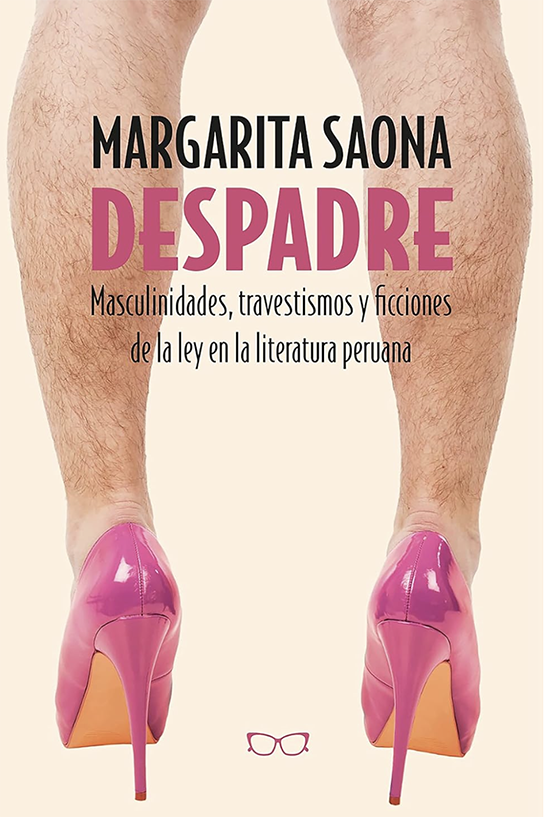Maria M. (Margarita) Saona
College of Liberal Arts and Sciences | Hispanic and Italian Studies
Maria M (Margarita) Saona Heading link
Maria M (Margarita) Saona
Margarita Saona is interested in issues of memory, cognition, empathy, and representation in literature and the arts. Her scholarly publications include Novelas familiares: Figuraciones de la Nación en la Novela Latinoamericana Contemporánea (2004), Memory Matters in Transitional Perú (2014), and Despadre: Masculinidades, Travestismos y Ficciones de la Ley en la Literatura Peruana (2021). She has also published several books of short fiction and the poetry collection Corazón de Hojalata/Tin Heart (2017), which received the Luces award for the best Peruvian poetry collection of the year. Her latest publication is an essay on medical interventions entitled De Monstruos y Cyborgs (2023) and she is working on a multi-genre memoir on the experience of heart transplantation. She has been recognized twice by the Council of Excellence in Teaching and Learning and received the 2022 Amauta Tumi Award for outstanding teachers granted by the Peruvian community in the U.S. She has been a fellow of the UIC Institute for the Humanities on three occasions. She is also one of the fellows of The Patient Revolution, an initiative by Dr. Victor Montori from the Mayo Clinic in Minnesota to seek ways to transform medical care systems.
2

Margarita Saona
Despadre Heading link

Despadre: Masculinidades, Travestismos y Ficciones de la Ley en la Literatura Peruana
Editorial Gafas Moradas
Despadre: Masculinities, Transvestisms and Fictions of the Law in Peruvian Literature is an exploration of the ways in which our literature has imagined the ‘Peruvian man’ from patriarchal schemes that, from the texts themselves, reveal their inconsistencies and weaknesses. In a system that sees paternal figures as the embodiment of the Law, the texts analyzed here reveal the transvestism implicit in such figures: fathers undermine the very law they claim to represent and give rise to dangerous games of mirrors that sustain corruption and cynicism. Saona’s analysis reveals in our literature the cracks of a masculine image foreign to the experience of those who should embody it. By exploring the cover-ups, masks and artifices of masculinities that are raised above relations of race, class and sexuality, this book proposes to reread our literature to rethink the schemes with which we define sexual gender.